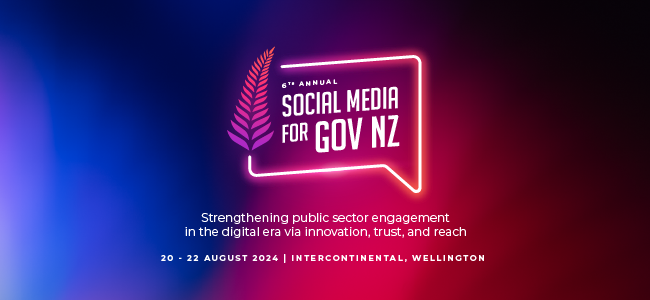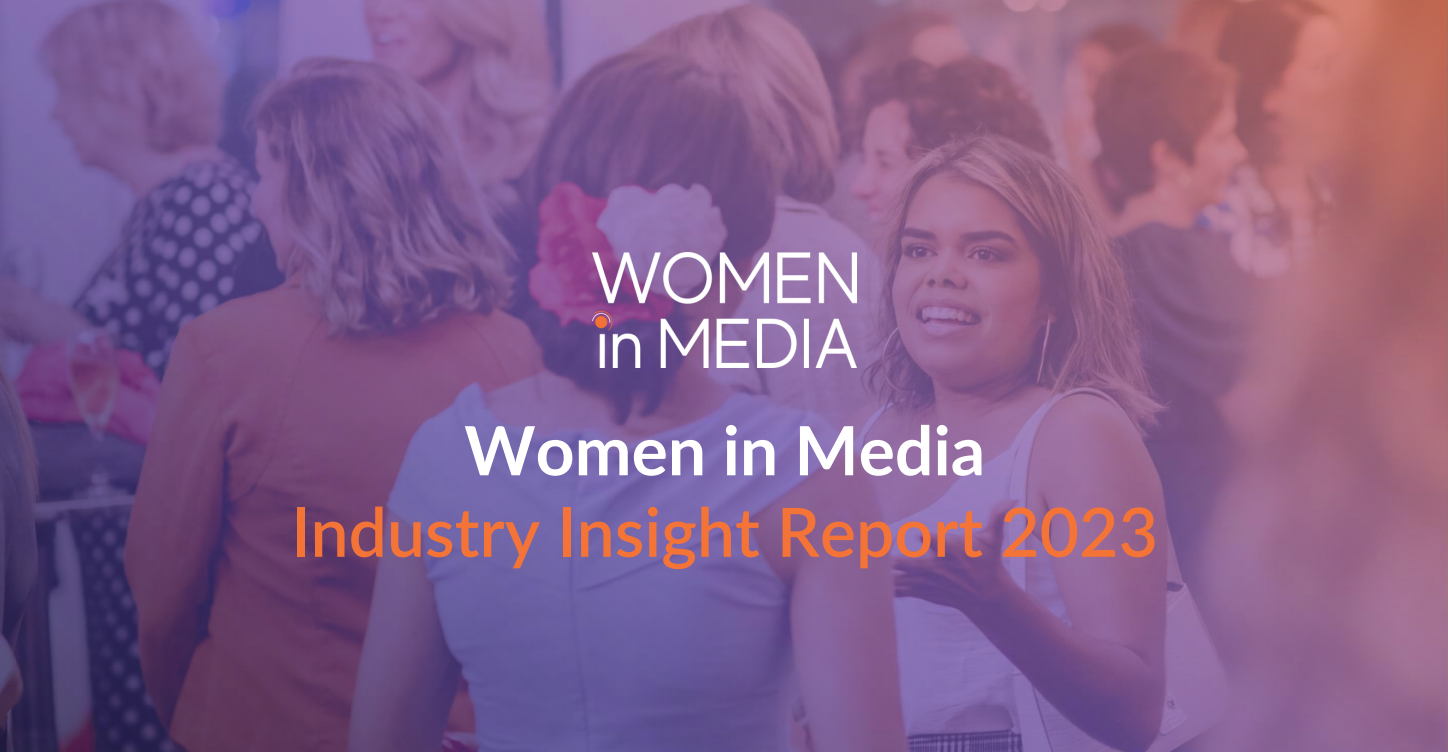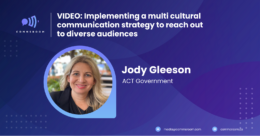Australia is on the brink of a groundbreaking transformation in healthcare, driven by the integration of artificial intelligence (AI) into the sector.
A recent report from CSIRO sheds light on the remarkable era of AI in healthcare, unveiling both opportunities and challenges.
Dr David Hansen, Research Director of CSIRO’s Australian e-Health Research Centre (AEHRC), underscores the profound impact of AI in healthcare. Unlike other industries, AI in healthcare holds the potential to influence critical decisions in prevention, diagnosis, monitoring and treatment. The accuracy of AI models becomes pivotal, with outcomes potentially affecting life and death.
“As we strive to create newer and better digital tools to harness the benefits of AI in healthcare, frameworks and ethical implementation along with established safety, quality and monitoring guidelines continue to be imperative,” Dr Hansen said.
The report highlights the rapid digitalisation of Australia’s healthcare infrastructure, particularly the expansion of electronic medical records (EMRs). These EMRs serve as a foundation for integrating AI technologies, with applications ranging from imaging and diagnosis to administrative tasks like report reconciliation and data analysis.
Dr Hansen points out the growing challenge of data privacy and security amid the proliferation of health and medical data. AI emerges as a vital tool in empowering individuals to control and access their health data securely.
Furthermore, the digitisation of healthcare presents a boon for medical research. With the advent of AI algorithms, research institutions are poised to leverage vast datasets for groundbreaking discoveries and advancements in healthcare.
“We’re at the cusp of an extraordinary era in medicine. For the first time, machines can provide efficient administrative support for clinicians and education for patients, diagnose and predict disease and inform clinical decision-making,” Dr Hansen said. However, he stresses the importance of careful implementation to ensure safety and efficacy.
Beyond traditional healthcare, the report underscores AI’s potential to revolutionise sectors like aged care and disability support. AI’s ability to analyse extensive datasets offers new avenues for disease control and clinical support, particularly in areas like medical imaging.
This article was also published on the Healthcare Channel.
Post Views: 131
Menchie Khairuddin is a writer Deputy Content Manager at Akolade and content producer for Third Sector News. She is passionate about social affairs specifically in mixed, multicultural heritage and not-for-profit organisations.





























